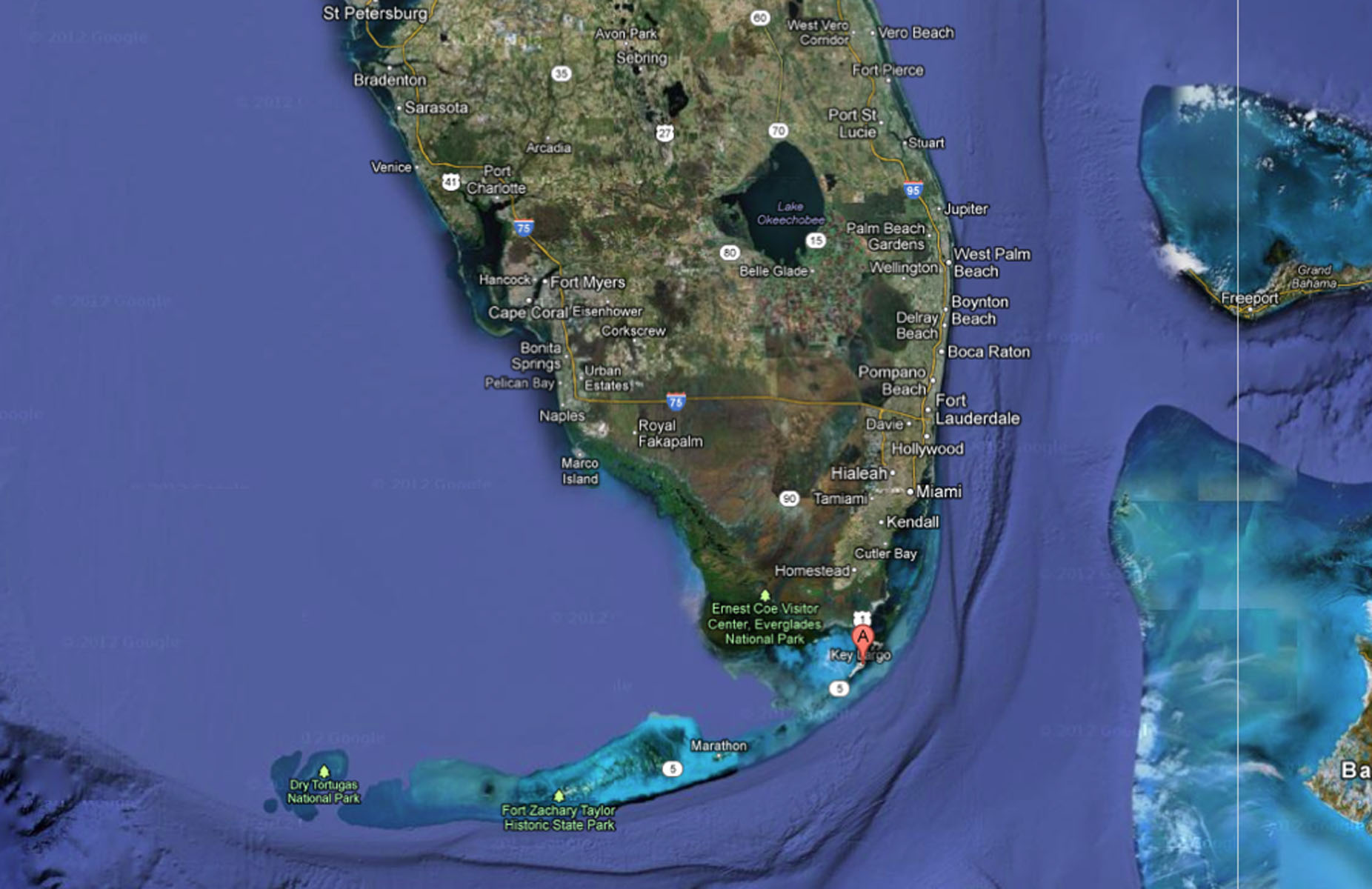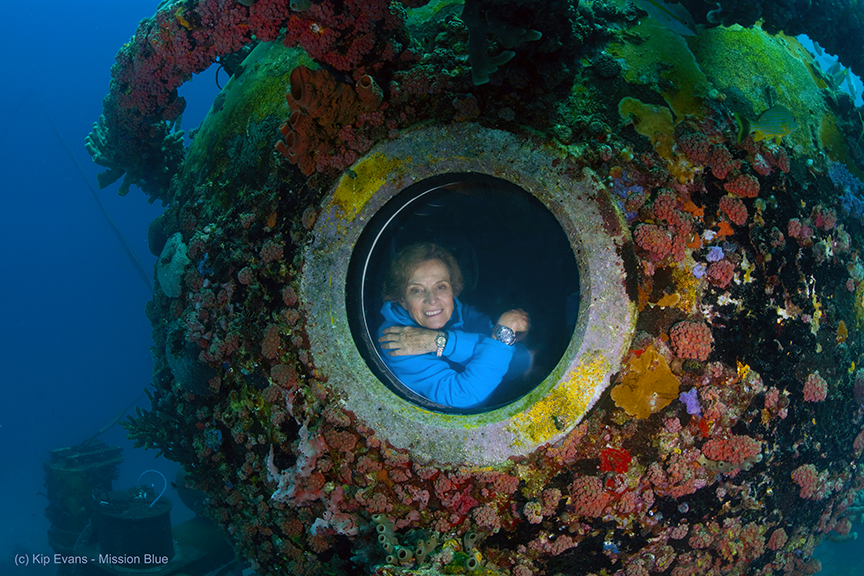Location:
EcoDiscovery Center in Key West
Blog Post
by: Morgan Gilligan
The answer is yes to both. An Aquarius is a
zodiac sign but the Aquarius I am talking about is the NOAA undersea laboratory.
The habitat sits sixty feet underwater and 4.5 kilometers offshore of Key
Largo, Florida. The Aquarius allows scientists to live and work underwater 24
hours per day for a mission that would usually last around ten days. By living
underwater scientists can conduct research and observe things that would be
difficult to observe if diving from the surface.

Aquarius scientists have the
opportunity to escape conventional surface-based scuba diving through
saturation diving. Saturation diving is a diving technique that allows divers
to reduce the risk of decompression sickness otherwise known as the “the bends”.
Decompression sickness can happen when divers work at great depths for long
periods of time and they rise to the surface too fast. When divers breathe at
the deep depths pressure forces gases such as nitrogen into the blood stream.
When a diver surfaces too fast the gases bubble outwards. The Aquarius
scientists avoid the bends by living and working at that depth for ten days. This
allows their blood to store excess nitrogen. On the last day the scientists have
to stay inside for 17 hours while technicians slowly lower the pressure inside
the laboratory. The nitrogen dissolves and is exhaled out of their system. Once
they are finished they swim to the surface.
The Aquarius is 9 feet by 43 feet and can house six people at a time. A usual day for a diver or an aquanaut would be nine hours of diving, running experiments, or analyzing data. A technician keeps everything up and running while surface divers deliver food and supplies.

To prepare for life underwater the aquanauts have to complete a five day training to learn safety skills and prove their diving. Because of the nitrogen build up the aquanauts experience slower thought processes. The cold dry air makes it difficult for the aquanauts to warm up after a dive. While there are difficulties involved the Aquarius allows for research to be done that would otherwise be impossible.
Aquarius allows scientists to work to understand the ocean and the condition of coral reefs. Coral reefs are threatened worldwide because of the increased amount of pollution, disease, and global climate change.Aquarius discovered the damaging effects of ultraviolet light on coral reefs, and research on how corals feed, for a few examples.
Do you think you could be an aquanaut?? To learn more about the Aquarius click here. To learn more about the importance of coral reefs click here.


This is really interesting and I had never heard of it before. I would love to explore the space, but don't know if I could handle being stuck there for days.
ReplyDelete